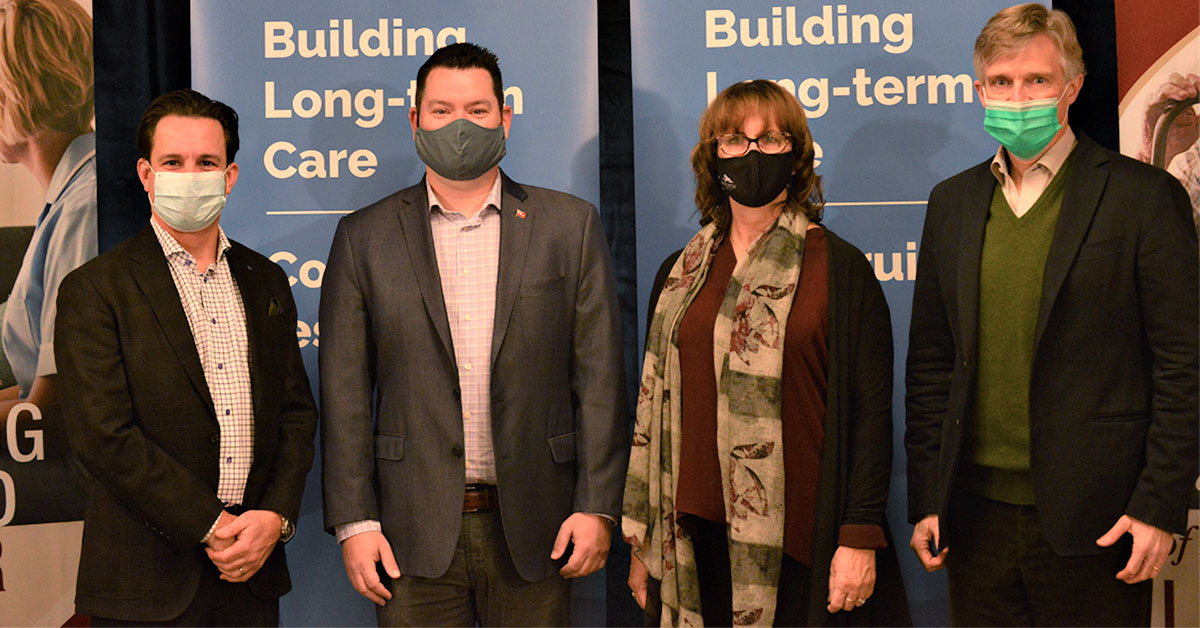Going into Wednesday’s Police Service Board meeting, regional police proposed trimming back a 2022 budget increase to $10.4 million, or 5.6 per cent, even as community groups such as Black Lives Matter were calling for budgetary freezes or rollbacks.
Police had been asking for a $12.4-million increase – 6.71 per cent – to their roughly $200 million budget.
The slightly lowered request came as police adjusted the timing 35 proposed new hires, along with dipping into a projected surplus from this year’s budget.
Regional council, however, is hearing from groups, including ReAllocate WR and Ground Up WR, calling for councillors to reject the budget request. Under the Police Services Act, municipalities can only approve or reject police budgets in their entirety, not individual components.
Black Lives Matter Waterloo Region, for instance, is calling for a rollback of $29.3 million, representing the accumulated budget increases over the past three years. The group argues the money would be better spent on the likes of counselling, addiction supports and youth outreach.
“The budget allocated for the Waterloo Regional Police Services this year is $200,143,000—19.9% of the total $1,003,847,000 allocated for Regional Services. This is an increase of $10 million over 2019’s budget. This is more of our money that the region has dedicated to Public Health ($40,588,000), Seniors Services ($39,981,000), Housing Services ($80,972,000), and the Library ($3,214,000) combined,” the group argues.
Those efforts received cross-party support from Kitchener-Centre MP Mike Morrice (Green) and MPP Laura Mae Lindo (NDP) in a joint letter.
“Our hope is that you will take this opportunity to consider reallocating any proposed increase in the Waterloo region police budget to Black and Indigenous-led community initiatives that address the root causes of crime and create greater equity,” they wrote.
Woolwich Mayor Sandy Shantz, who serves on the police board, said she was looking at both sides of the debate heading into the December 15 meeting.
“I am trying get a better understanding of the financial trade-offs that have already been done in the last few years. The delegations had two asks: fund upstream initiatives and freeze funding to police services. What I didn’t hear was what services do they want frozen or reduced?” she said in an email.
“I appreciate and agree with the value of investing in upstream initiatives. The reality of this kind of cultural change is that we will operate with two systems for a period time as we transition. It is expensive, but until we have, for example, a mental health system that has the resources to respond 24/7, we cannot ask the police not to respond to those calls. There are many calls where police have saved lives.”
Shantz noted that removing some functions from the police would require moving the costs to other regional departments, with some overlap likely to remain. That transition might involve operating two systems for a while.
“I heard from many delegates that they are looking for a new social model and that will take buy-in from the entire community to implement. We are working toward that new model. I appreciate the thoughtful delegations and the need for change. It will likely take another generation to fully realize that goal. I believe in the need for change, but need to weigh the cost of the changeover with the need to support our residents and keep them safe. The transition will be a challenging time,” she said.









